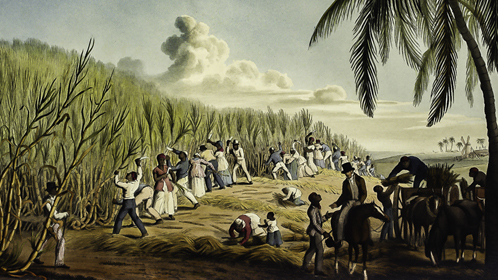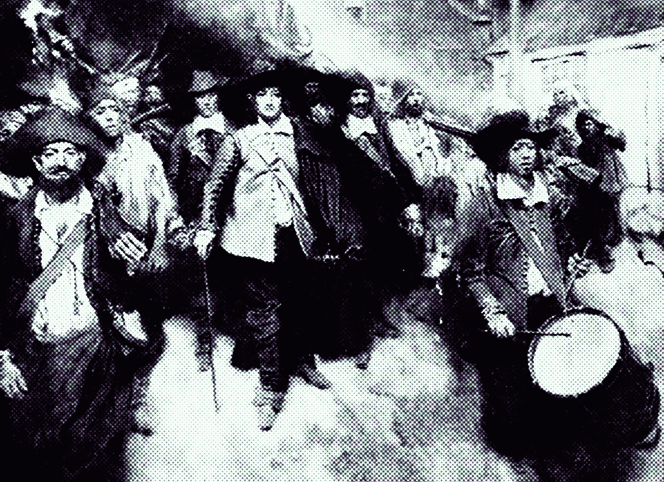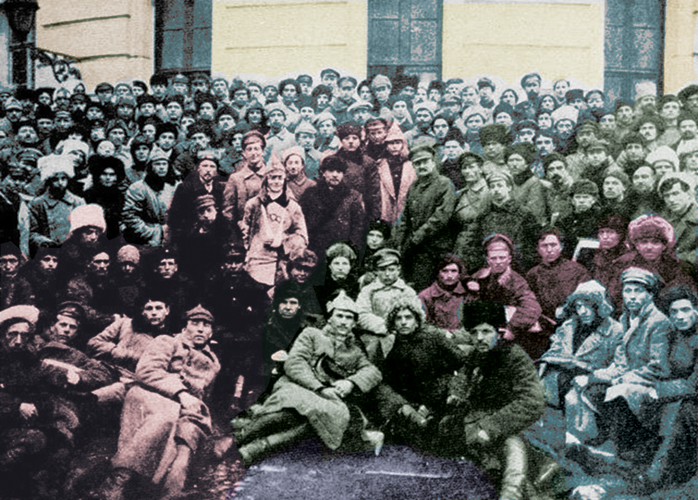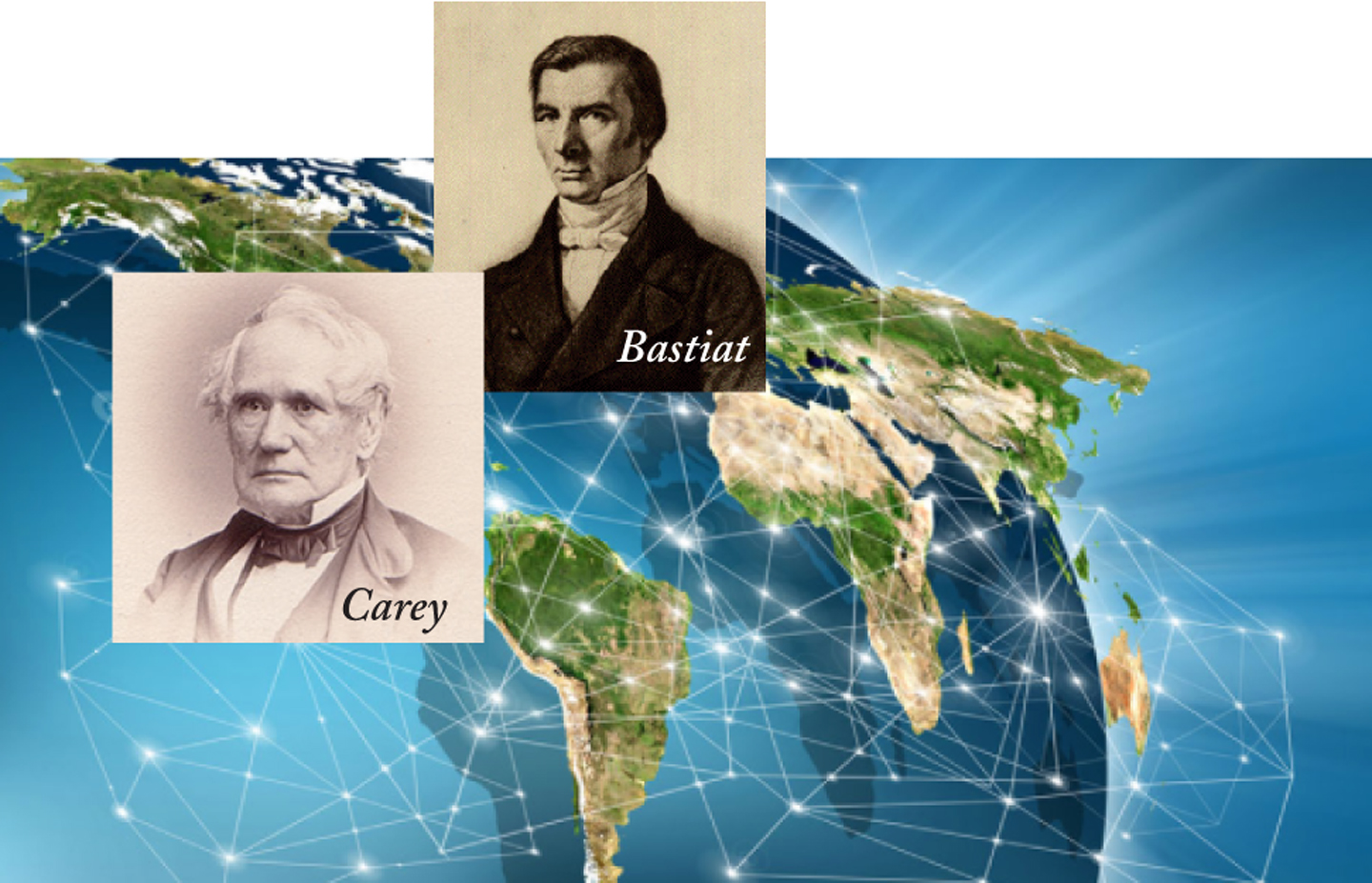Week of Events
Blood and Money
Blood and Money
Even before capitalism arose – in a process Marx termed the “so-called primitive accumulation” – money and markets were implicated in the rise and fall of states and empires that conquered and enslaved vast numbers of human bodies. This group will address these histories and their persisting consequences.
THIS EVENT SOLD OUT ON SEPTEMBER 27 at 6 PM. Please write to info@marxedproject.org
The new offering of this course will begin on Monday, January 25, 1 pm to 3 pm New York City time
Invention of the White Race
Invention of the White Race
Allen had concluded by the mid 1960’s that white supremacism was the central obstacle to progressive movements in American life, past and present, yet the “white” race itself remained the most peculiar, contentious and generally misunderstood “identity,” blocking all efforts to achieve a just society. Accordingly, Allen spent the next 40 years in writing and primary research to discern when, where, how and why the Plantation Bourgeoisie invented this “white” race in colonial Virginia and Maryland
Realistic Metaphysics and the Materialist Conception of History
Realistic Metaphysics and the Materialist Conception of History
Marxism's central preoccupation has been that of *class* consciousness. Marx spoke of the working class’s need to transform itself from a class *in itself* (en sich) into a class *for itself* (für sich). After two decades of revolutionary defeats and counter-revolutionary triumphs Trotsky described the situation as “the crisis of proletarian leadership.”
But these were prescriptions, now plainly further from realization than ever. In describing the proletariat as the “universal class,” Marx projected that by establishing its dictatorship (ie., radical democracy) in the proximate interest of all its members, the proletariat begins the human historical project of complete transcendence of class society. The present crisis, however, demands that this concept of “universal” be deepened and enriched. The politics based on consciousness of proximate material interest must give way to the politics of a *planetary* consciousness. The final line of our anthem, “l’Internationale sera le genre humain,” should now be taken literally.
Women Write Against Fascism
Women Write Against Fascism
We will look at themes around resistance and collaboration. Beauvoir and Ginzburg write of the period occupation by the Nazis in Vichy France and the period of Mussolini's fascist dictatorship in Italy, while Jelinek's Wonderful Wonderful Times describes the lingering effects naziism had during the years of recovery from the fascist years in Austria in society and within a family.
Considerations on Bolshevism Before Stalinism
Considerations on Bolshevism Before Stalinism
Questions such as these are being discussed: Were the Bolsheviks inherently authoritarian? What was 'democratic centralism'? Is the Bolshevik type organization necessary for revolutionary change? What exactly was the role of the Bolsheviks in the revolution? What were the Soviets? How did the soviets come into being? Did soviets represent a higher form of democracy?
The Origins of Geopolitical Economy in Marx’s Remarks on Carey and Bastiat
The Origins of Geopolitical Economy in Marx’s Remarks on Carey and Bastiat
In recent years, geopolitical economy has become a term for the properly historical-materialist analysis of international affairs that can successfully comprehend the evolution of the capitalist world order down to the contemporary age of multi-polarity by placing the nation-state as centrally in the analysis of capitalism as class. This interpretation is embedded in Karl Marx’s thinking, though not fully developed there. Perhaps its clearest expression can be found in his fragmentary comments on the “Yankee” mercantilist economist, Henry Carey, in the final pages of the “Grundrisse”.
Capital, Volume 1
Capital, Volume 1
Marx’s scientific presentation of the laws of motion of capitalist development begins by analyzing the fundamental or elemental form which wealth takes in our society, the commodity. Understanding this form leads us to the most basic law that grounds social reproduction in societies under the domination of capital, the law of value. Therefore, our first task will be to break through the appearance and reveal the social content of the commodity form. This begins the unraveling of the why and how of what we necessarily, under the domination and exploitation of capital, experience every day in our lives.







